At any given point in the day, your body is under stress. This can be caused by your environment, mental thoughts, or even physical exertion. Your body can react to stress in many ways, both physical and emotional. Some ways it reacts include increased heart rate and blood pressure, faster breathing, changes in digestion, and even changing mood.
When you feel stressed, you might notice these symptoms in other parts of your body as well. For example, you may notice that you clench or grind your teeth together when you’re feeling stressed. Or you may find it harder to swallow your food when stressed. All of these are signs that your body is experiencing stress and reacting to it. When stress continues over long periods of time, you’ll likely experience other side effects such as sleeplessness, headaches, stomachaches, fatigue, and more.
While you’re experiencing these stress-related symptoms, you aren’t doing your mouth any favors.
How Does Stress Affect Your Oral Health?
Given what we know about the relationship between stress and our bodies, it’s not too surprising that it can also have a negative impact on our mouths and oral tissues. When we are stressed, our body produces the hormone cortisol. Cortisol can have many negative effects on our bodies when too high or too low of a level. When it comes to our mouth, producing too much of this hormone can cause dry mouth and even gum disease. If not enough is produced, it can cause inflammation of the gums and even tooth decay. As a result, it’s important to address any feelings of stress as soon as possible.
Overcoming Stress and Improving Oral Health
Many people find that they experience more oral health problems when they are stressed. This is because stress can cause people to stop taking care of themselves, and they may stop eating as well. Additionally, some types of medication used to treat emotional or mental conditions can affect saliva production and cause dry mouth, which is associated with oral infections. It’s essential to take care of your smile to keep your oral health on track, especially if you’re experiencing anxiety or depression. Practice good oral hygiene by brushing your teeth at least twice a day, flossing at least once per day, and rinsing your mouth out with an antibacterial mouthwash after meals and snacks. Be sure to visit your dentist every six months to keep up with your routine professional cleanings.
Please visit our dental practice at 551 E Plaza Cir, Litchfield Park, AZ 85340, to schedule a consultation with our dentists. You can also call us at (623) 935-1155 or book your appointment online.
